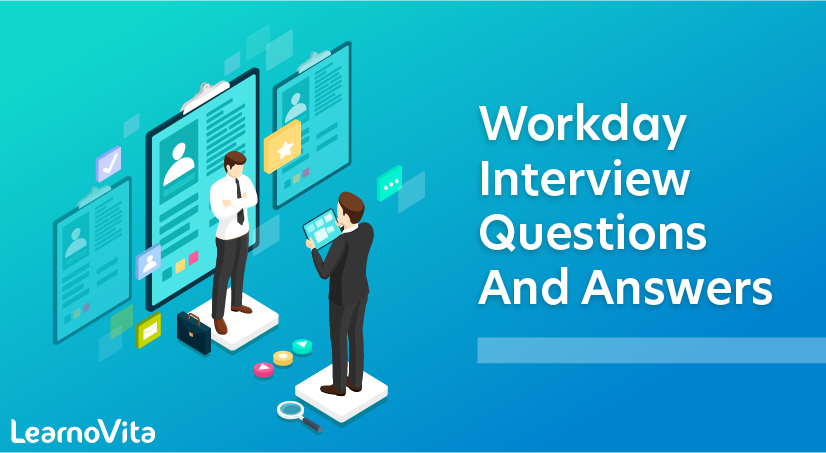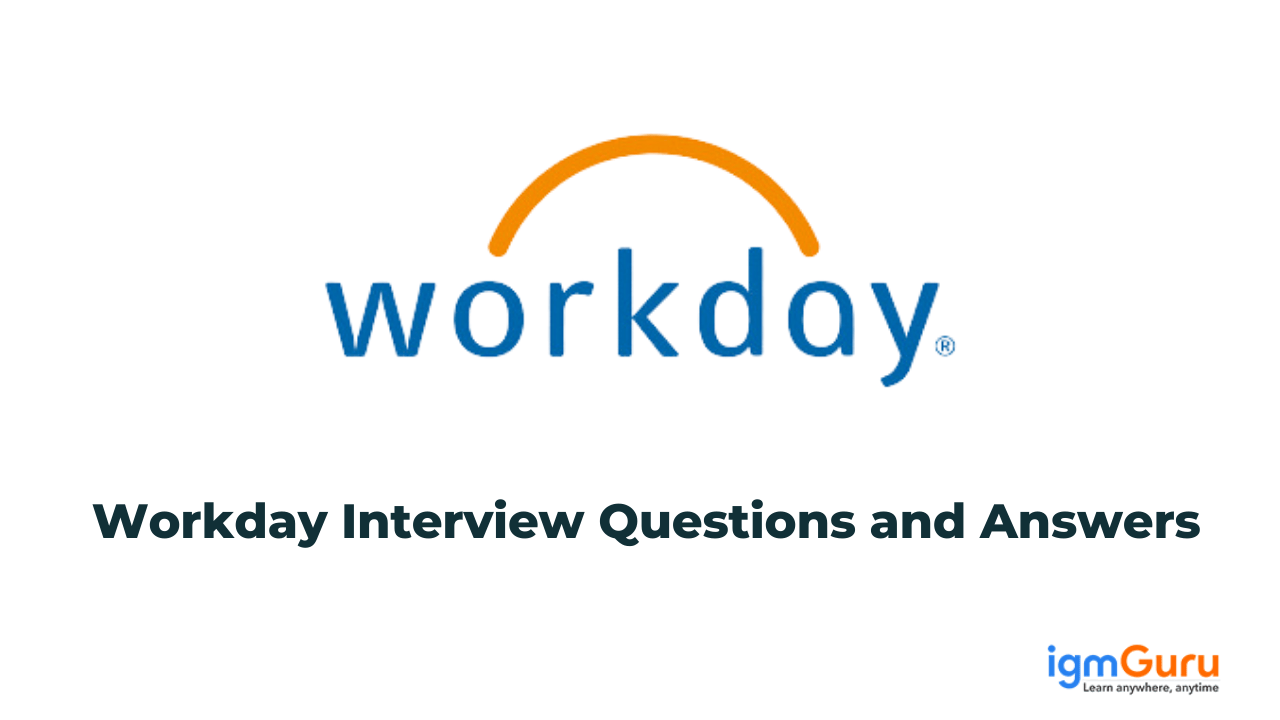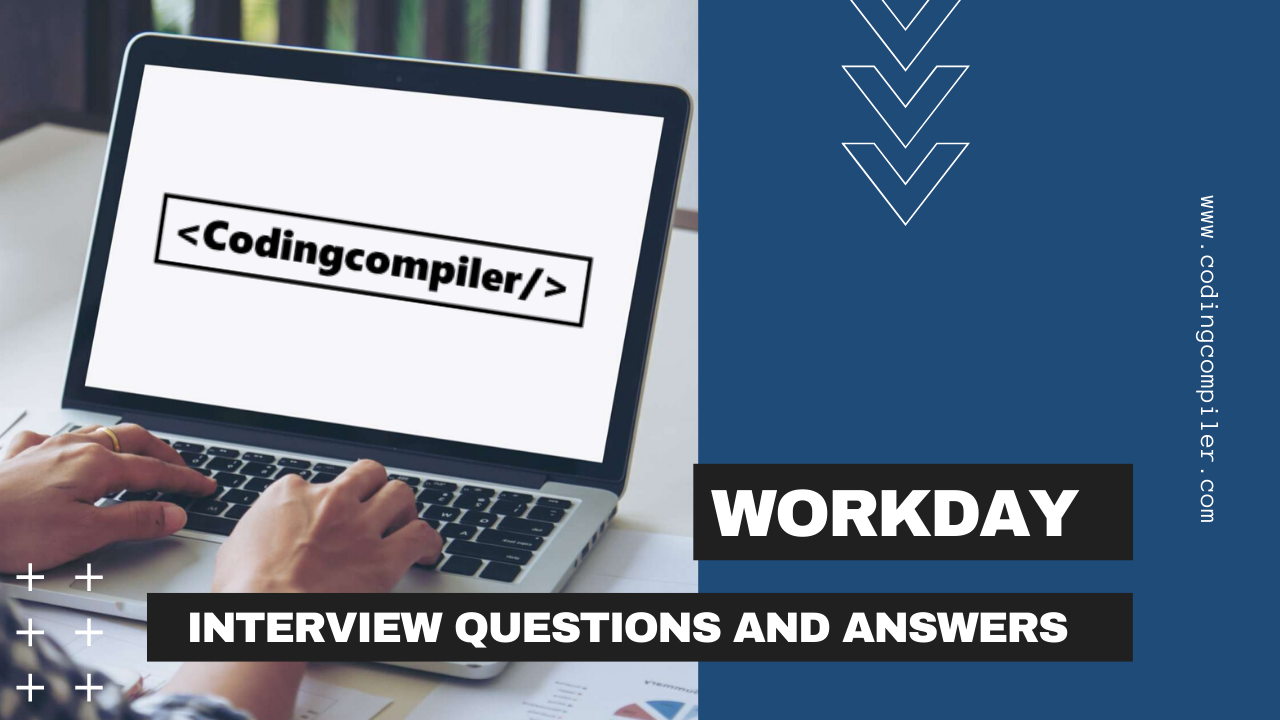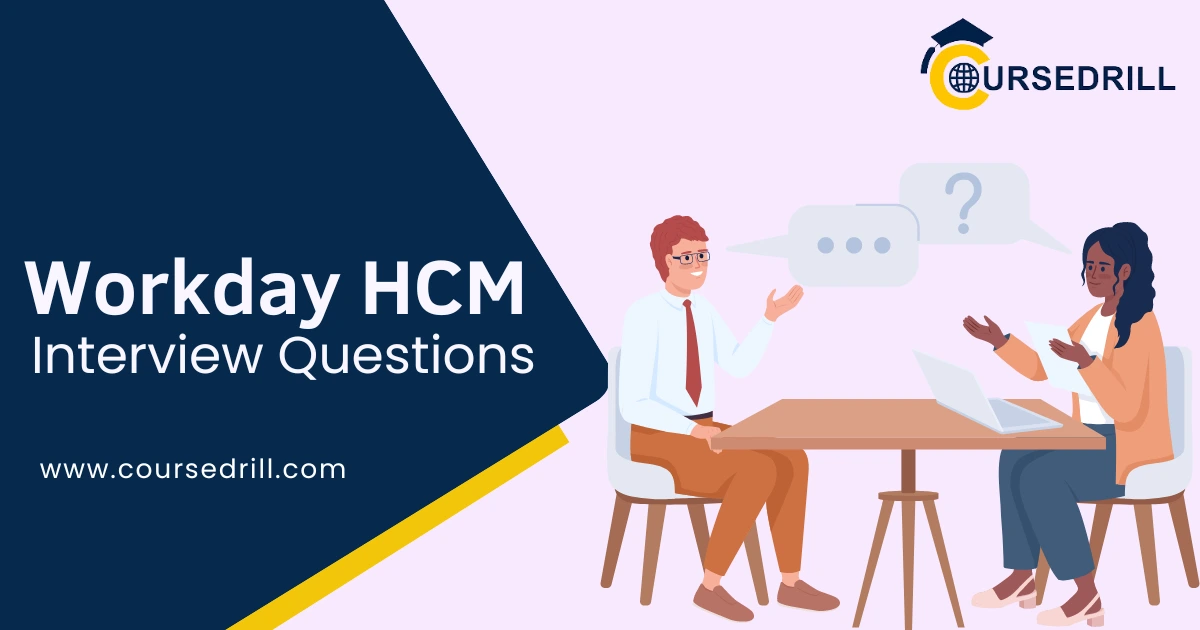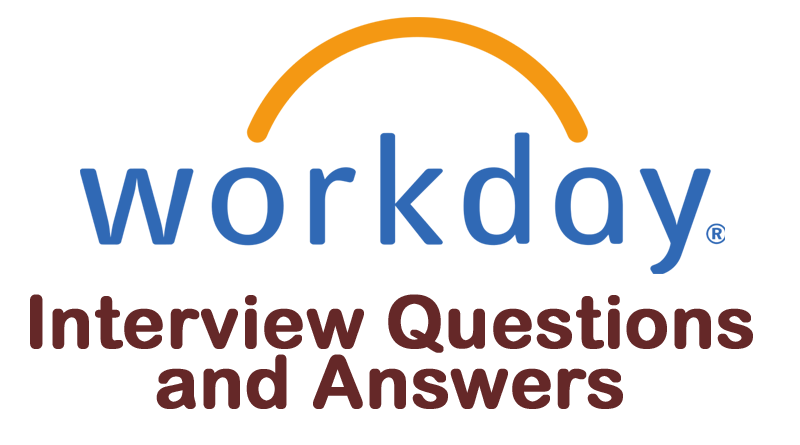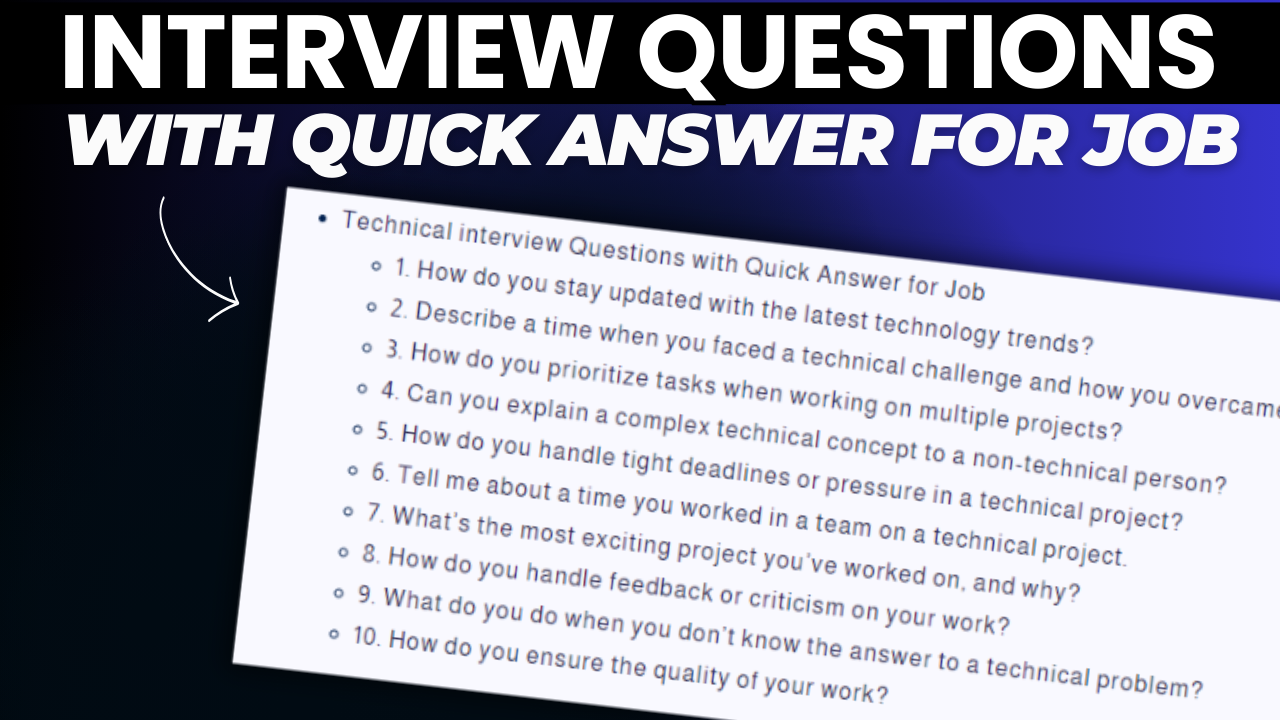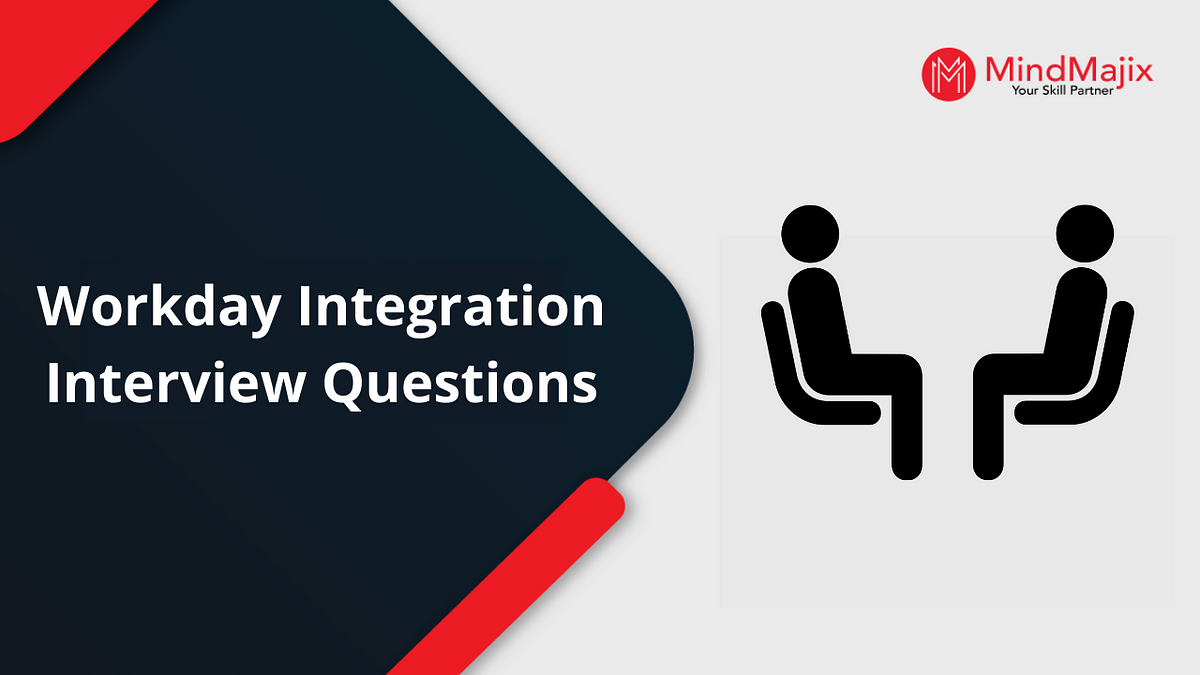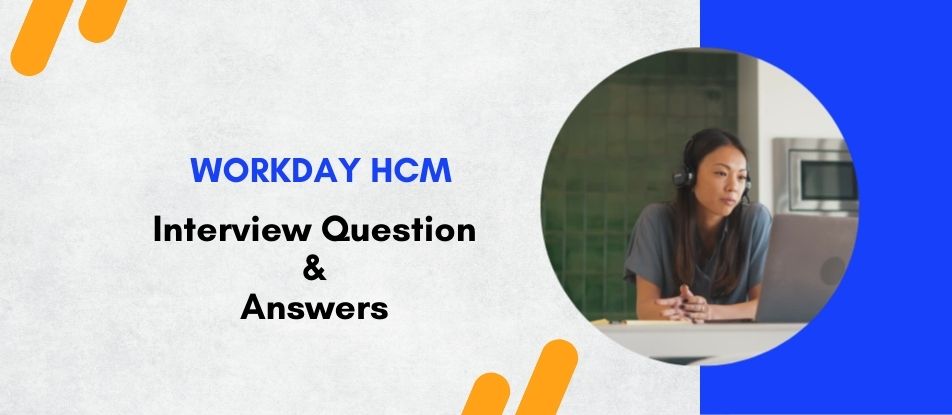Workday Technical Interview Questions And Answers
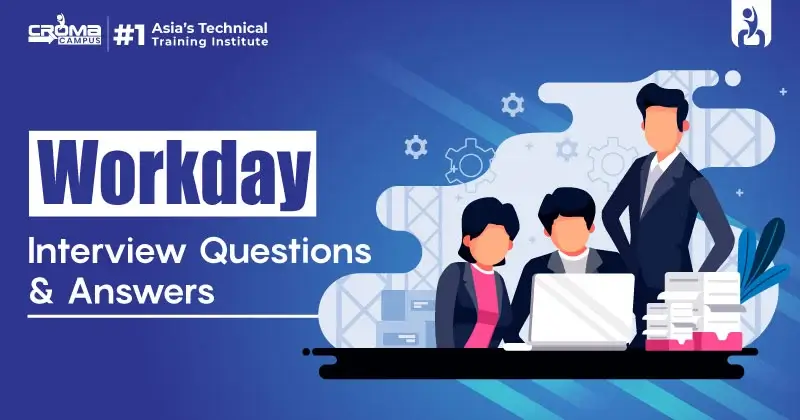
The demand for skilled professionals proficient in Workday, the leading cloud-based enterprise management system, continues to surge. This heightened demand translates into increasingly rigorous technical interviews for aspiring Workday developers, analysts, and consultants, leaving many candidates scrambling to adequately prepare.
This article delves into the intricate landscape of Workday technical interview questions, providing insights into the types of questions asked, the core concepts tested, and, crucially, offering potential answers to guide candidates toward success. We'll explore common challenges faced by interviewees and expert strategies to navigate the process effectively.
Core Areas of Assessment
Workday technical interviews typically focus on a candidate's understanding of several key areas, including the Workday data model, Business Processes, Calculated Fields, Integrations, and Security. Each area assesses a different facet of the candidate's ability to design, implement, and maintain Workday solutions.
The Workday Data Model
Interviewers frequently probe candidates' knowledge of Workday's object-oriented data model. Expect questions on Business Objects, Business Object Associations, and the relationships between different data entities.
Example Question: "Explain the difference between a Business Object and a Business Object Association."
Potential Answer: "A Business Object represents a distinct entity within Workday, such as a worker or a position. A Business Object Association defines the relationship between two Business Objects, illustrating how they interact. For instance, a worker has an association with a position."
Business Processes
A strong understanding of Workday Business Processes is crucial. Expect questions about configuring, troubleshooting, and optimizing these processes.
Example Question: "Describe the steps involved in configuring a Business Process in Workday."
Potential Answer: "Configuring a Business Process involves defining the event that triggers the process, specifying the steps involved (such as approvals, notifications, and tasks), configuring security policies, and setting up any necessary validations or conditions. It also involves testing the process thoroughly to ensure it functions as expected."
Calculated Fields
Calculated Fields are a powerful tool in Workday, and interviewers will likely test your ability to create and use them effectively.
Example Question: "Explain the different types of Calculated Fields in Workday and when you would use each."
Potential Answer: "Workday offers various types of Calculated Fields, including text, numeric, date, and boolean. The choice depends on the desired outcome. For example, a text Calculated Field might be used to concatenate first and last names, while a numeric field could calculate salary adjustments."
Integrations
Workday's ability to integrate with other systems is vital. Interviewers will explore your experience with different integration tools and methodologies.
Example Question: "Describe your experience with Workday Studio and when you would choose it over other integration methods."
Potential Answer: "I have experience using Workday Studio for complex integrations requiring custom logic and data transformations. Workday Studio is suitable when standard connectors or Enterprise Interface Builder (EIB) integrations are insufficient to meet the requirements. It provides more flexibility but also requires more development effort."
Security
Understanding Workday's security model is paramount. Interviewers will delve into your knowledge of roles, security groups, and domain security policies.
Example Question: "Explain the difference between a Role-Based Security Group and a User-Based Security Group."
Potential Answer: "A Role-Based Security Group assigns security access based on a user's role within the organization, such as manager or HR partner. A User-Based Security Group grants access to specific individuals, regardless of their role. Role-Based Security Groups are generally preferred for scalability and maintainability."
Expert Strategies for Success
Beyond technical knowledge, interview success depends on effective communication and problem-solving skills. Articulating your thought process clearly and providing well-structured answers is essential.
Practice answering common interview questions out loud to improve your delivery and confidence. Preparing detailed examples of projects you've worked on and challenges you've overcome using Workday strengthens your responses.
According to a recent survey by Glassdoor, candidates who research the company and specific role beforehand perform significantly better in interviews. Understanding the company's needs and how your skills align with their requirements is crucial.
The Future of Workday Technical Interviews
As Workday continues to evolve, technical interviews are expected to become even more challenging, focusing on newer features and functionalities, such as Workday Prism Analytics and advanced reporting techniques. Candidates should stay updated on the latest releases and industry best practices.
Furthermore, a growing emphasis on practical application means candidates should be prepared for coding challenges and scenario-based questions. Demonstrating hands-on experience and problem-solving skills will be critical for success in future Workday technical interviews.
